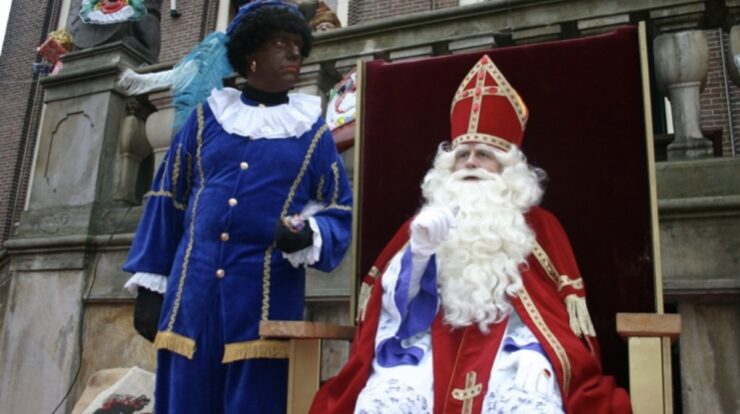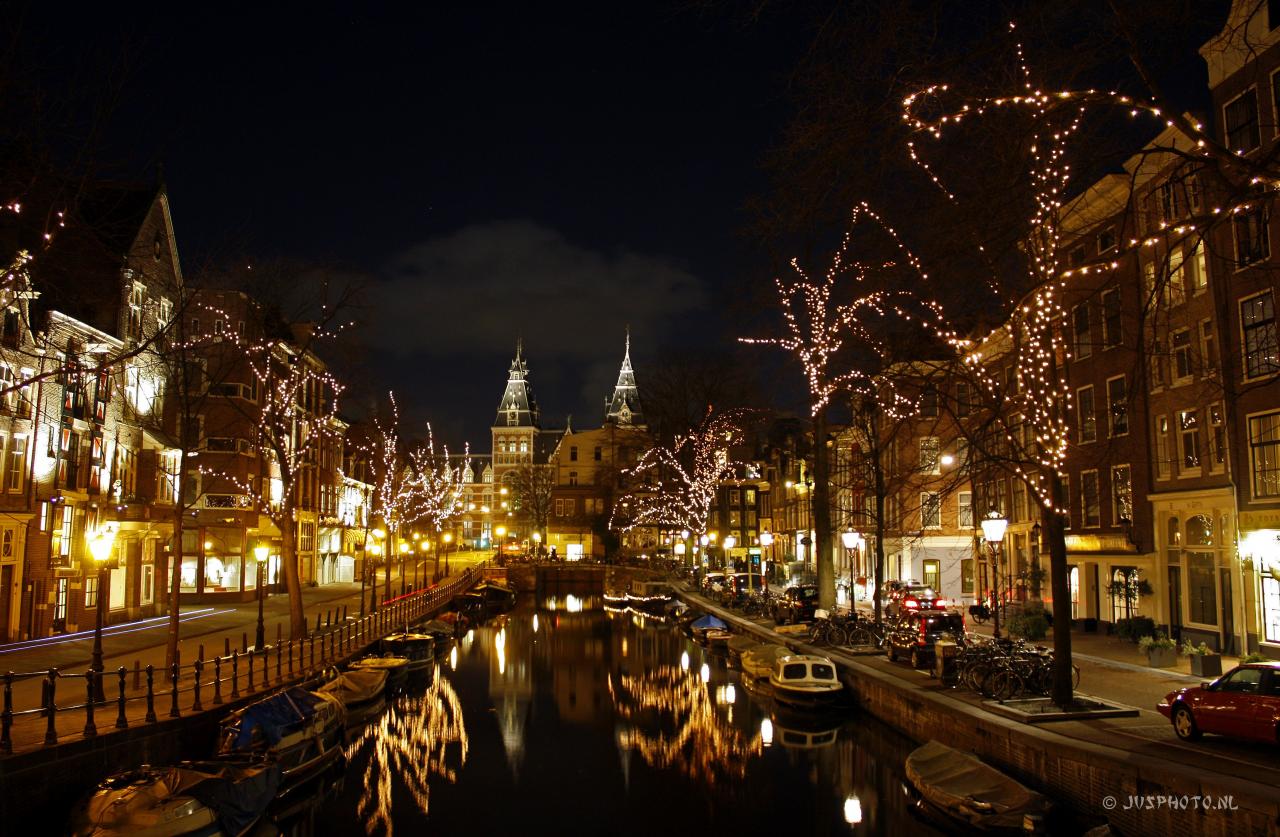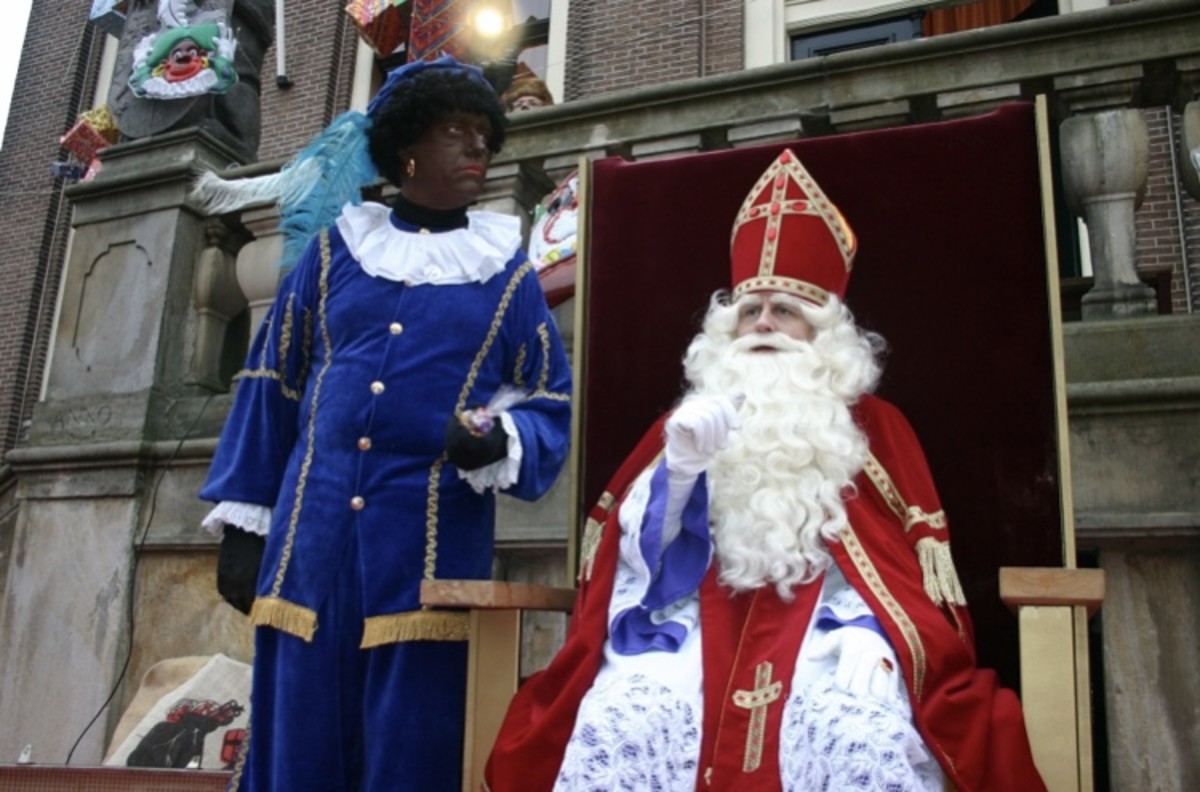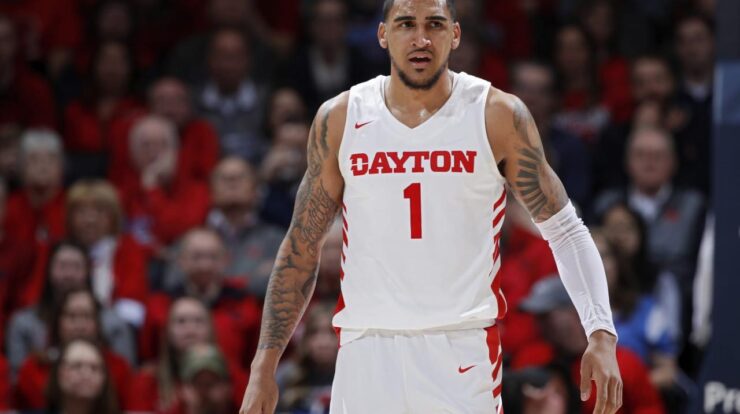
Netherlands holidays are a vibrant tapestry woven with rich traditions, historical significance, and a profound impact on the nation’s cultural and economic landscape. From major national observances to regional and local festivities, these holidays offer a captivating glimpse into the heart and soul of the Netherlands.
Throughout this comprehensive guide, we will delve into the historical and cultural significance of each holiday, exploring their unique customs and traditions. We will also examine the impact of holidays on public life, tourism, and the economy, shedding light on their multifaceted role in shaping Dutch society.
Netherlands Holidays: An Overview
The Netherlands observes a rich tapestry of holidays, each imbued with historical significance and cultural traditions. These holidays provide a glimpse into the country’s heritage, values, and vibrant social fabric.
From the bustling festivities of King’s Day to the solemn remembrance of Remembrance Day, holidays in the Netherlands offer a unique blend of celebration, reflection, and national pride.
Major National Holidays
The Netherlands celebrates several major national holidays, each with its own distinct significance:
| Holiday Name | Date | Description |
|---|---|---|
| New Year’s Day | January 1 | Marks the beginning of a new year and is celebrated with fireworks, parties, and traditional oliebollen (oily balls). |
| Good Friday | Varies | Commemorates the crucifixion of Jesus Christ and is observed with solemn church services and processions. |
| Easter | Varies | Celebrates the resurrection of Jesus Christ and is marked by family gatherings, egg hunts, and religious services. |
| King’s Day | April 27 | Honors the birthday of King Willem-Alexander and is celebrated with nationwide festivities, including flea markets, orange-themed parties, and music concerts. |
| Liberation Day | May 5 | Commemorates the liberation of the Netherlands from Nazi occupation during World War II. |
| Ascension Day | Varies | Celebrates the ascension of Jesus Christ into heaven and is observed with church services and family gatherings. |
| Whit Monday | Varies | Marks the descent of the Holy Spirit upon the disciples of Jesus Christ and is celebrated with religious services and family outings. |
| Christmas Day | December 25 | Commemorates the birth of Jesus Christ and is celebrated with family gatherings, gift-giving, and festive meals. |
| Boxing Day | December 26 | Traditionally a day for servants and tradespeople to receive gifts from their employers and is now a popular shopping day. |
Regional and Local Holidays: Netherlands Holidays
In addition to national holidays, the Netherlands also observes a number of regional and local holidays, reflecting the country’s diverse cultural heritage:
- Carnival(February or March): Celebrated in southern Netherlands, especially in Maastricht, with parades, costumes, and music.
- Keukenhof Flower Festival(March-May): Held in Lisse, showcasing millions of blooming tulips and other flowers.
- Sail Amsterdam(August): A maritime festival held in Amsterdam, featuring tall ships, boat races, and cultural events.
- Gouda Cheese Market(April-September): A traditional cheese market held in Gouda, where local cheeses are traded and sold.
- Sinterklaas(December 5): Celebrated as the Dutch version of Santa Claus, with children receiving gifts on the evening of December 5.
Public Life on Holidays
Holidays in the Netherlands significantly impact public life:
- Businesses: Most businesses, including shops, restaurants, and offices, are closed on major national holidays.
- Schools: Schools are closed on all national holidays, as well as on some regional and local holidays.
- Government offices: Government offices are closed on all national holidays and on some regional and local holidays.
- Public transportation: Public transportation services may operate on reduced schedules on holidays.
Tourism and Holidays
Holidays play a significant role in tourism in the Netherlands:
- Popular destinations: Major cities like Amsterdam, Rotterdam, and The Hague are popular tourist destinations during holidays, offering festive events and attractions.
- Cultural experiences: Holidays provide an opportunity to experience Dutch culture firsthand, such as attending traditional markets, parades, and festivals.
- Increased demand: Hotels, restaurants, and other tourism-related businesses experience increased demand during holiday periods.
Economic Impact of Holidays

Holidays have a positive economic impact on the Netherlands:
- Retail sales: Holidays drive retail sales, as people purchase gifts, decorations, and other festive items.
- Tourism revenue: Tourism generates significant revenue during holiday periods, especially in major tourist destinations.
- Increased production: Some industries, such as food and beverage production, experience increased production to meet holiday demand.
Last Word

In conclusion, Netherlands holidays are not mere days off but rather vibrant threads that weave together the cultural fabric of the nation. They serve as a testament to the country’s rich history, diverse traditions, and unwavering spirit. Understanding these holidays provides a deeper appreciation for the Netherlands and its people, fostering a greater connection to its vibrant culture and heritage.
Helpful Answers
What is the most widely celebrated holiday in the Netherlands?
Koningsdag (King’s Day), celebrated on April 27th, is the most popular holiday in the Netherlands.
Are businesses and schools closed on holidays in the Netherlands?
Yes, most businesses, schools, and government offices are closed on national holidays.
How do holidays impact tourism in the Netherlands?
Holidays attract a surge in tourism, with popular destinations like Amsterdam, Keukenhof Gardens, and the Dutch countryside experiencing increased visitor numbers.





